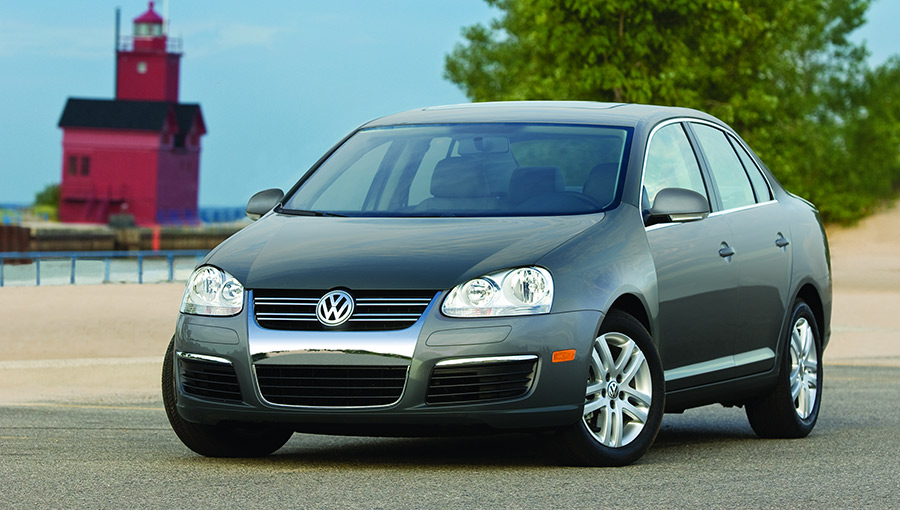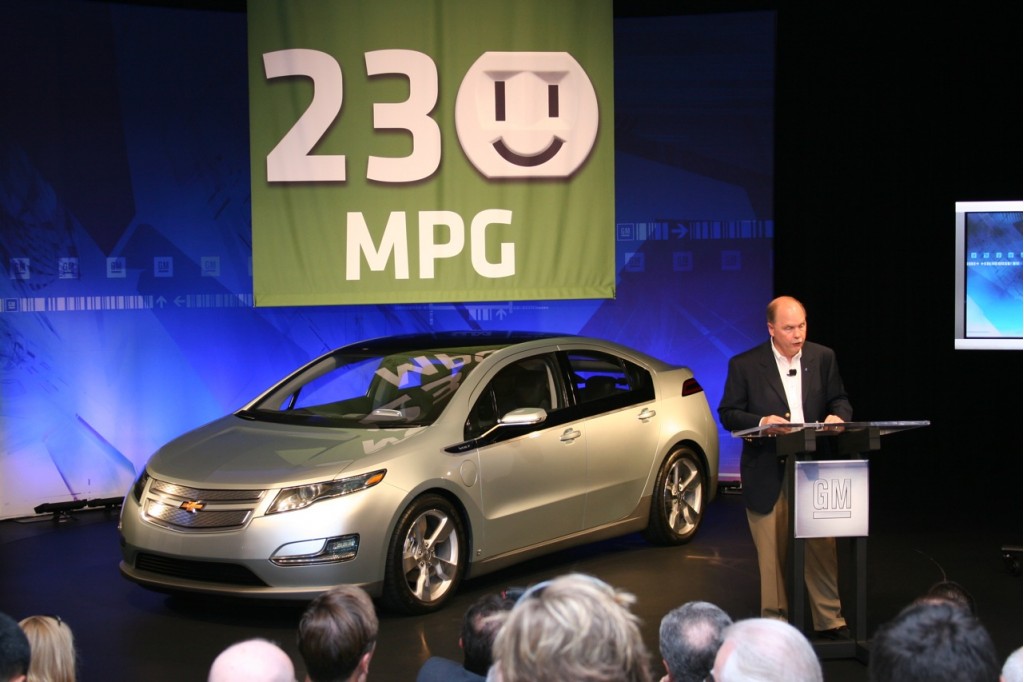
2010 Lexus HS 250h instrument display showing 85.1 mpg
You have to give corporate PR guys some credit when they publish an article on the astoundingly high mileage their car got in a road test, and then dismiss the whole thing as "silly and totally unscientific."
That's what Lexus magazine auto editor Clark Heideger did. When a coworker got 47.4 miles per gallon in the new 2010 Lexus HS 250h, the luxury brand's first dedicated hybrid, Heideger decided he could do better--and he did, getting a whopping 85.1 mpg.
His secret? He started atop Washington Stateâs Snoqualmie Pass (elevation 3,022 feet), and traveled downhill along I-90 toward Seattle, suspending the test when he reached an elevation close to sea level.

Lexus magazine auto editor Clark Heideger in a 2010 Lexus HS 250h hybrid sedan

2009 Volkswagen Jetta TDI

2011 Chevrolet Volt
Duty-cycle dependent
But his point is worth underlining: Gas-mileage tests are always dependent on duty cycle, or how you use the car. That's why the U.S. Environmental Protection Agency has a city rating and a highway rating, because cars run very differently under those differing conditions.
Until 2007, EPA mileage estimates for hybrids--including every Toyota fitted with the company's Hybrid Synergy Drive system--far exceeded what owners reported to be their real-world mileage.
That year, the agency adjusted its calculations, and MPG numbers fell for all cars, hybrids especially. The agency has since gone back and adjusted the older ratings on its FuelEconomy. gov website to use the new standard.
Gas accurate, diesel less so
These days, EPA ratings for gasoline cars are considered to be fairly accurate. The fuel efficiency of clean-diesel vehicles, on the other hand, is thought to be much higher than the agency's ratings for modern diesel cars like the Volkswagen Jetta TDI.
And as we've noted before, it's going to get more complicated yet. As soon as cars can be "refueled" both by filling their tank and recharging their battery packs from the wall socket, you end up with far more variation in the amount of gasoline--if any--used on a given trip.
230 MPG? Really?
Take the example of the projected 230-mpg city rating for the 2011 Chevrolet Volt extended-range electric vehicle. It's all based on assumptions about which combination of driving cycles accurately represents real-world urban usage. Only time will tell if those assumptions will prove right.
So while we've said it before, we'll likely say it again: Your mileage may vary.












